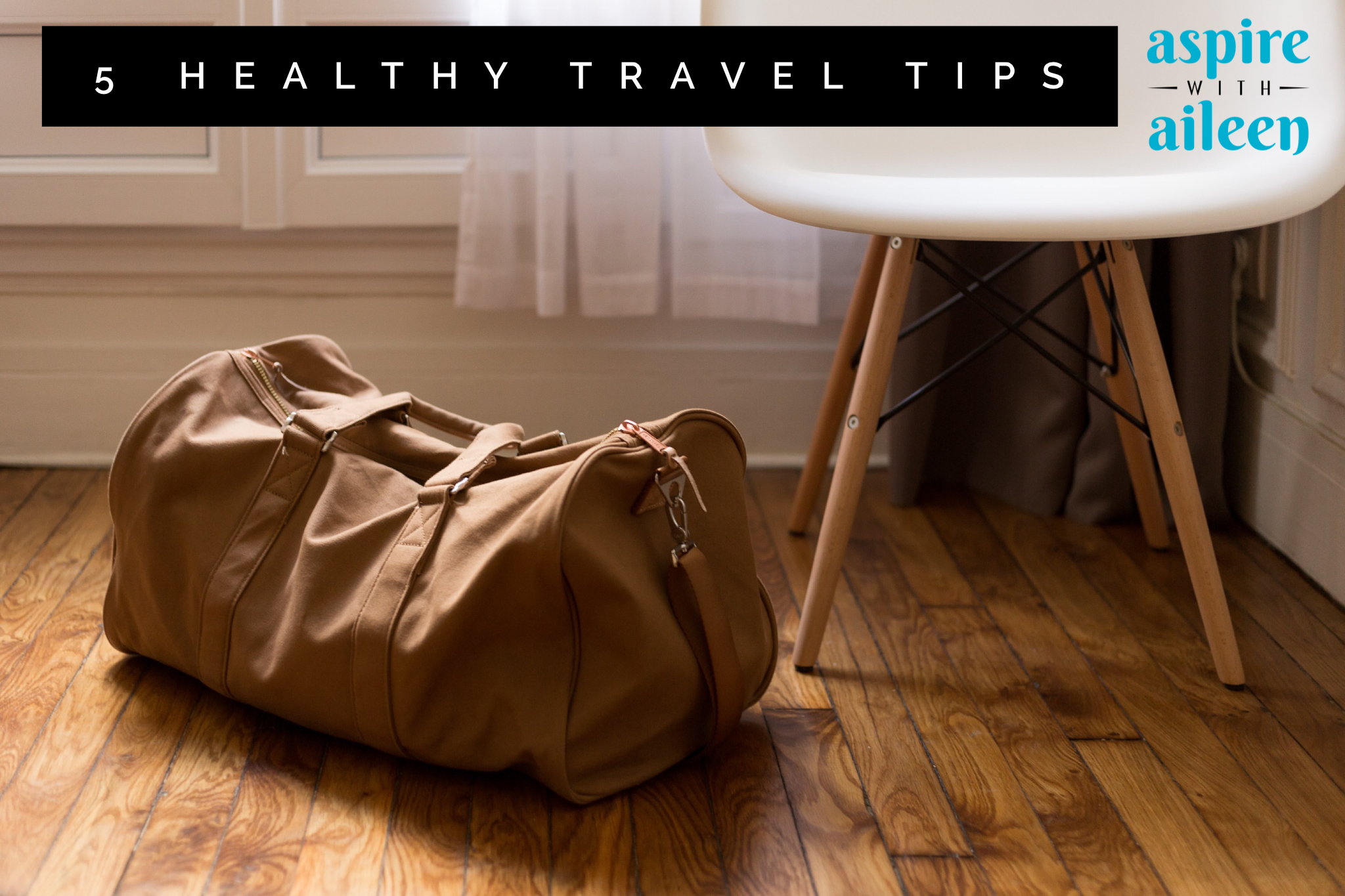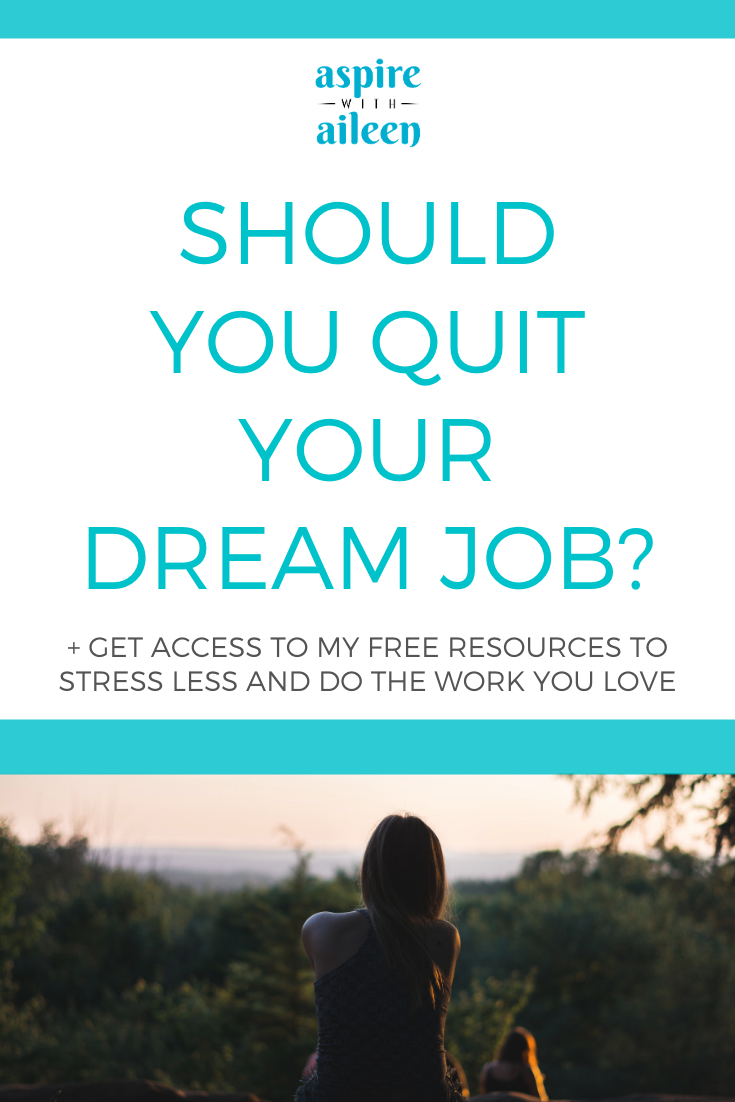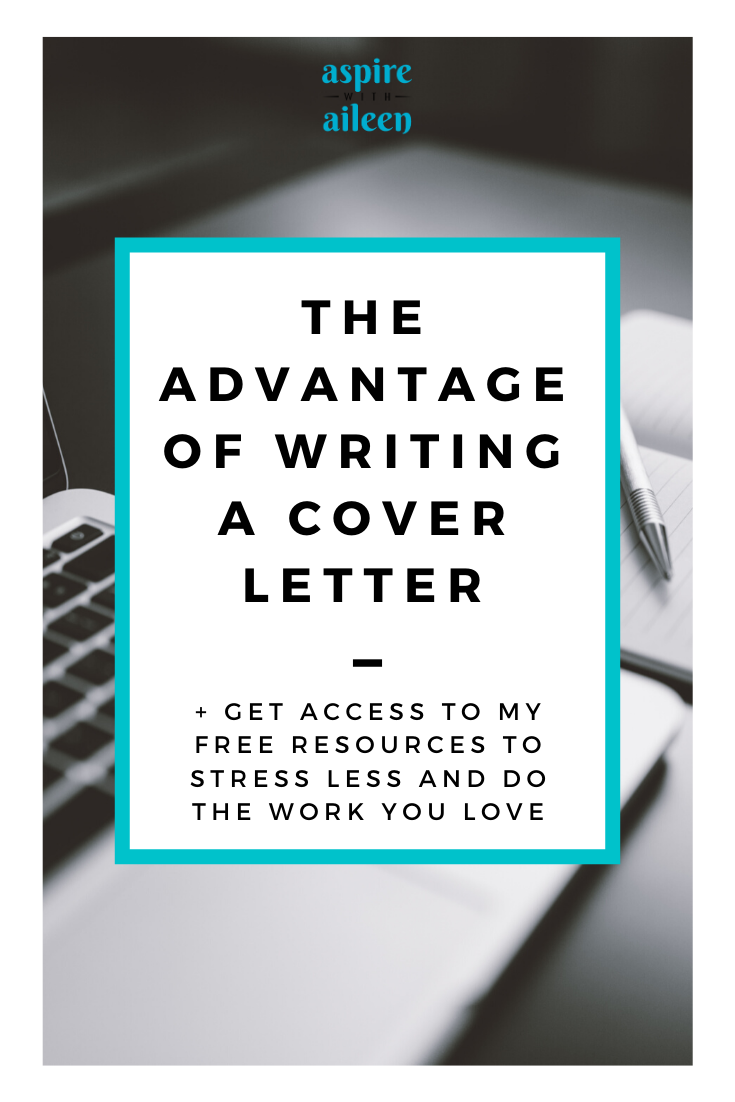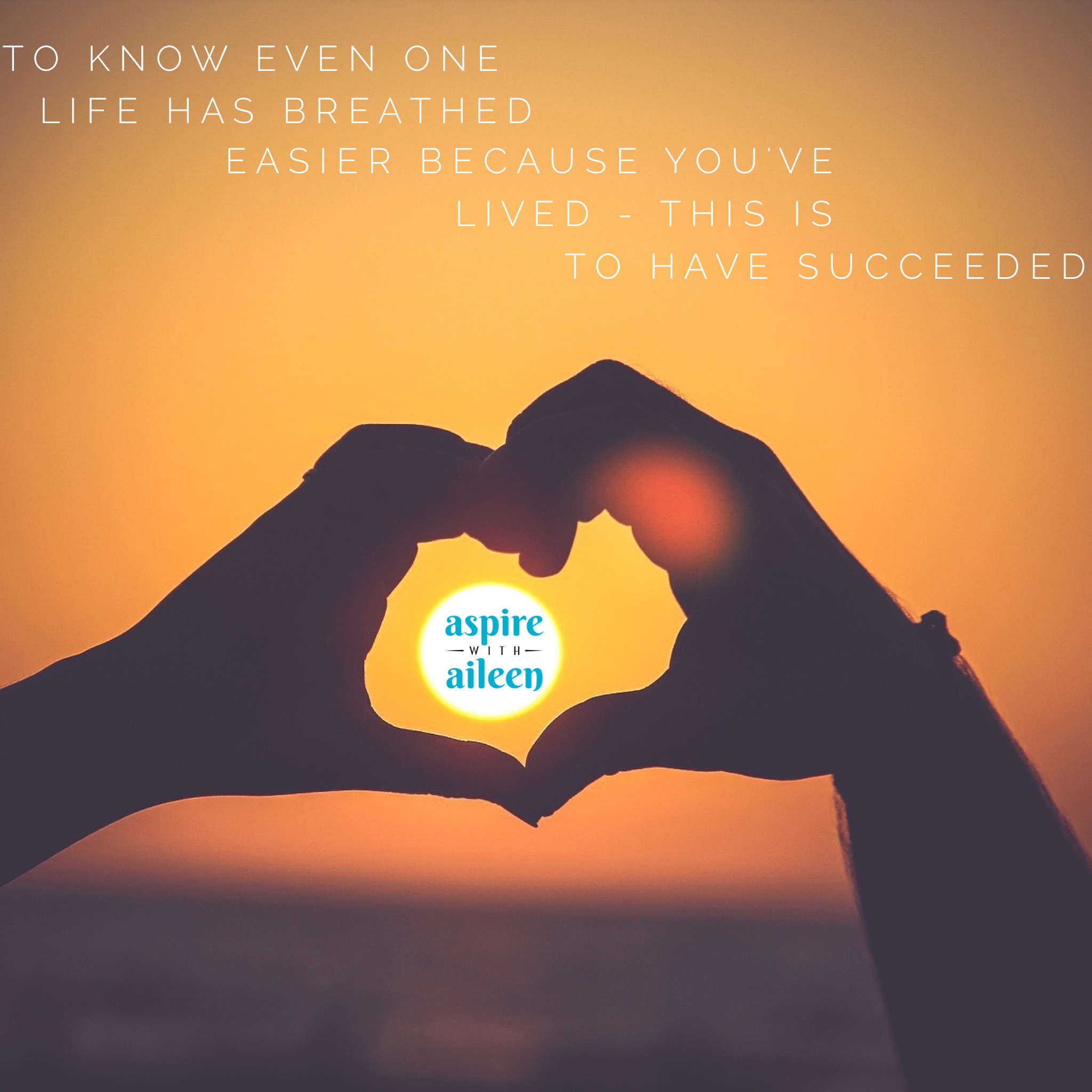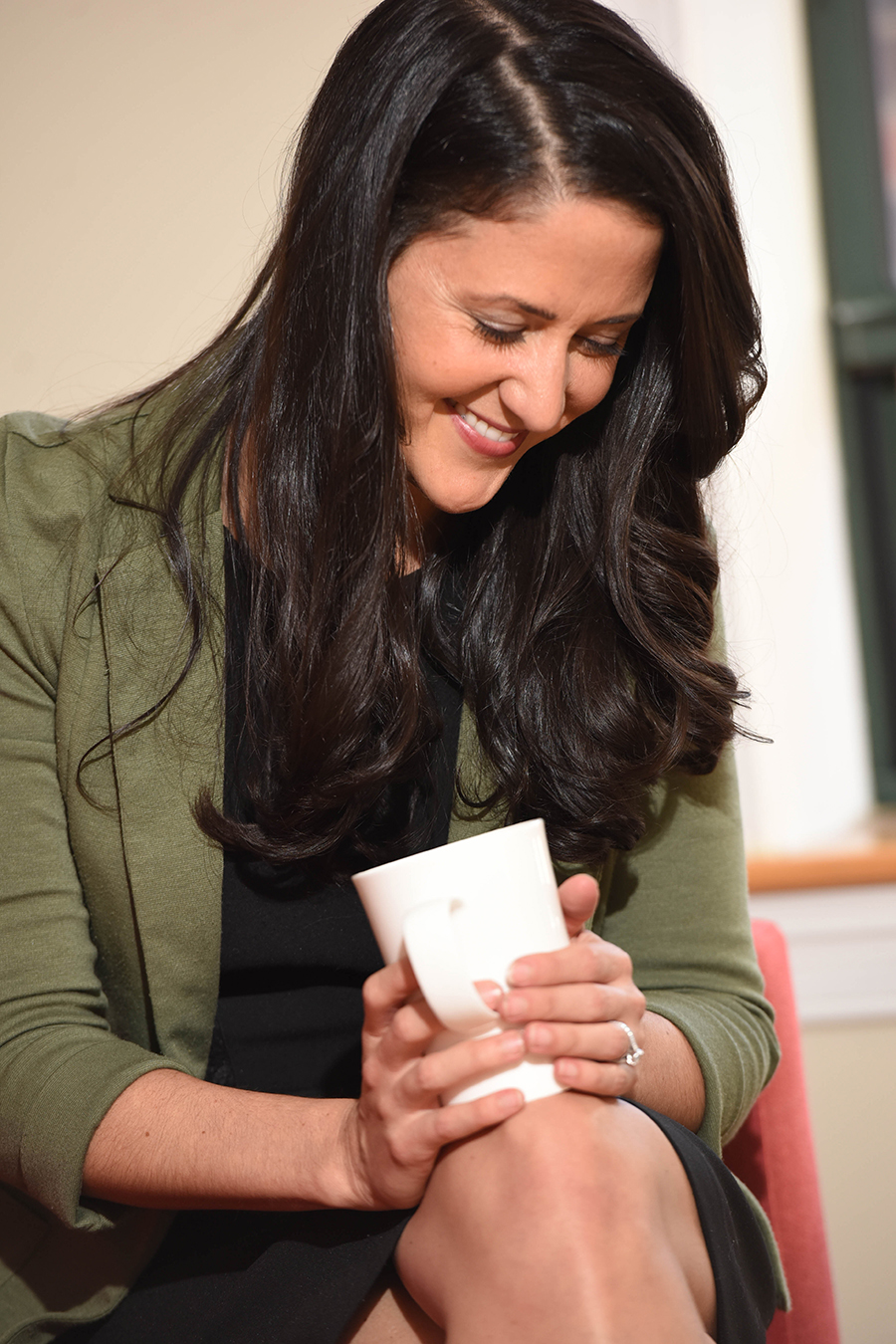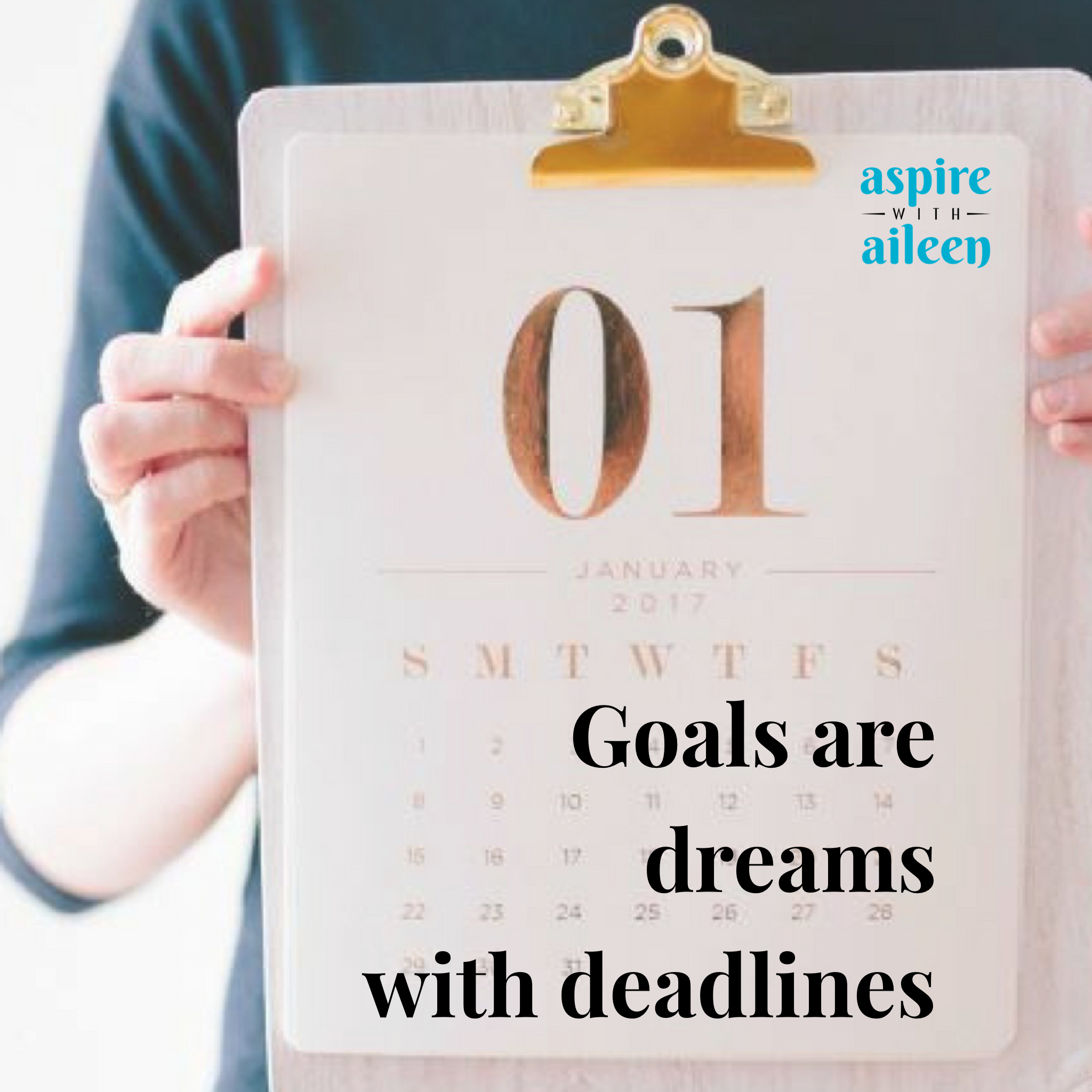Have you heard a lot about smoothies, but have yet to try making them yourself? Or maybe you jumped on the smoothie making train but you’re sick of making the same recipe over and over?
This post will go into why smoothies live up to all of the hype, as well as some simple ways to get into (or back into!) making them yourself.
First things first…
The great debate: Smoothies vs Juice
Here’s a super short article explaining some of the differences, but the short answer is that a smoothie, particularly with lots of veggies in it instead of just fruit, is the better option.
Benefits of Smoothies
The biggest benefit, in my opinion, is that it’s one of THE easiest ways to ensure you’re getting more vegetables into your day. The majority of people either don’t eat enough of them, or could benefit from having more, particularly leafy greens. If you (or the people eating with you) don’t love veggies, smoothies mask the flavor in the quickest way. When traveling, its especially helpful since we typically decrease our greens on the go.
They’re easy on your digestive system – if you’re rushed in the morning, you eat on the go/at your desk, or you have digestive issues (such as bloating or IBS), your digestion could use a break and smoothies will give them that. Chewing your smoothie vs chugging it will help your body process it better, too!
They’re affordable, especially when you make them yourself.
They’re quick to make! Especially once you have the hang of it and if you pre-pack, wash, or chop ingredients in advance.
Use a Recipe?
If you’re new to making them, or you’re sick of the ones you make, definitely go to recipes for inspiration. When I first started out I overthought the whole thing.
Don’t make it so complicated that you never get started!
After a while, you’ll end up being able to eyeball measurements and use your intuition as to what will work well together. When in doubt, here are the barebone basics needed:
fruits/veggies (organic, especially if in the Dirty Dozen list)
organic greens (spinach has the least flavor, kale needs a bit more in the smoothie to hide the taste)
some liquid (a nut milk or water, and ice if you like them super cold/thicker)
a blender (again, no need to overcomplicate or overspend, I've used a Nutribullet for years and it's worked perfectly)
That’s truly it!
You can start there with no special potions added in. When you’re ready, some simple staples to begin to stock your pantry with are chia seeds or flaxseed (grind them for best absorption), but you want to assess what your own body needs to know which items are most strategic/beneficial to add.
Extra Money Saving/Prep Tips
Stock up on organic fruits/veggies when they’re on sale (fresh or frozen - frozen produce has equal nutritional value since it's frozen immediately upon ripening) and freeze them
Do the same thing for any greens or nut milks (you can put the whole tub of greens in the freezer as is, or blend them up and freeze into ice cubes!)
Make your own nut milk (Want a demo or recipes on this? Let me know!)
If you have anything going bad in your kitchen, throw it in your smoothie or freeze it for a future one. You can do this with nut milk too- pour it into ice cube trays and freeze. These tips may sound so simple, but you’ll be surprised to see how much you can save and avoid wasting once you’re deliberate about this!
Recipe Inspiration
For ideas on different combinations, along with more creative nutritious additives, here are some of my go-to places to peek at:
“Best Green Drinks Ever” book
I also look at the menus of smoothie places by me and borrow their menu ideas. While they don’t tell you how much of what ingredient to include, after you’ve been making them for a while you can often feel it out for yourself
If you've got a little extra money to spend, you can also try out a service like Daily Harvest or just look at their combos for inspiration - I'm getting my first order next week (there's a special for new customers - 50% off with SUMMER50 - I'm not an affiliate, just spreading the good news!) and will keep you posted as to how I like it!
What gets in the way of you making smoothies or breakfast? How might you use any of these tips to make more smoothies moving forward? Enjoy!
PS
Do you eat breakfast or lunch at your desk often? You're likely not chewing your food too well, which can interfere with nutrient absorption and lead to digestive issues. Here are TWO upcoming chances to learn more about how to make tiny tweaks to your eating habits but see big changes in the way you feel!




